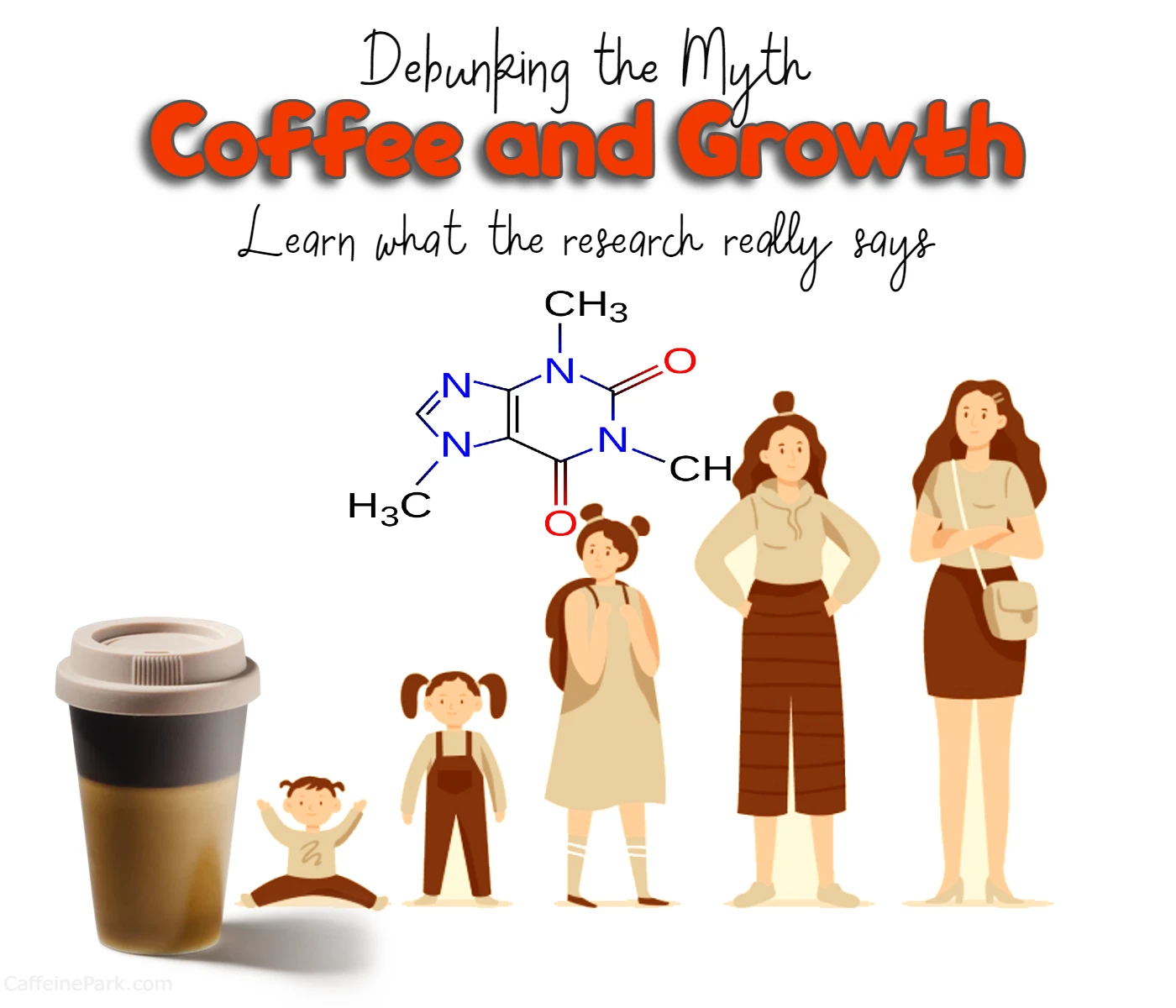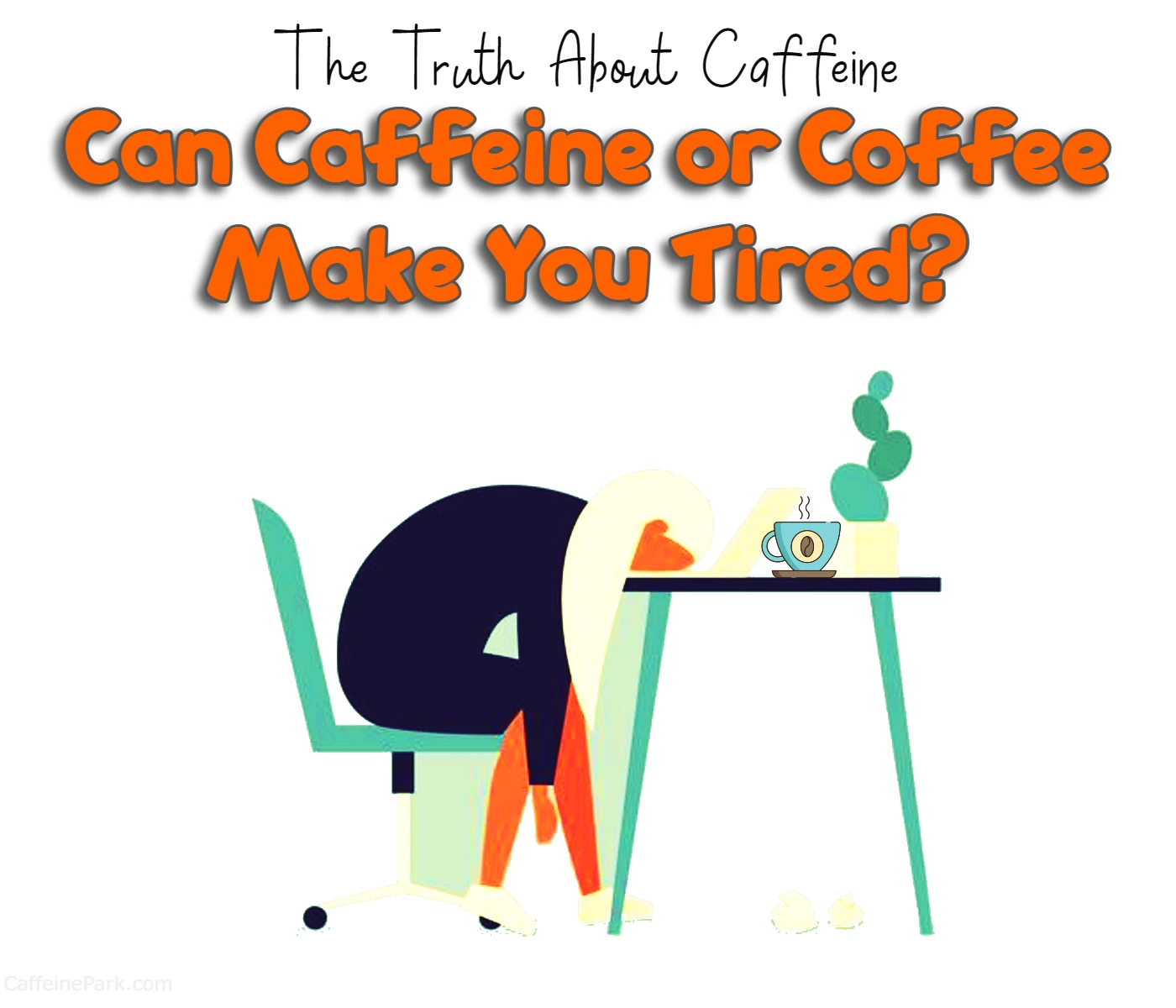
Caffeine and Weight Loss
Welcome to my blog on caffeine and weight loss! Are you someone who loves a good cup of coffee in the morning? Or maybe you enjoy an energy drink during the day to help you power through your work? If so, you might be pleased to know that caffeine could actually be helping you in your weight loss journey.
Over the years, caffeine has gotten a bad reputation, often being associated with jitters, anxiety, and even addiction. However, recent studies have shown that when consumed in moderation, caffeine can actually have some positive effects on weight loss. So, if you’re trying to shed a few pounds, this blog is for you!
In this blog, I’ll explore the relationship between caffeine and weight loss, including the benefits and potential drawbacks of caffeine consumption. I’ll also discuss the best sources of caffeine, how much you should consume, and how to incorporate them into your diet. So, keep reading until the end to learn everything you need to know about caffeine and weight loss!
What is caffeine?
Caffeine is a natural stimulant that is found in coffee, tea, cocoa, and other beverages. It is also added to some medications and weight loss supplements. Caffeine works by stimulating the central nervous system, which can make you feel more alert and awake.
The Science Behind Coffee and Weight Loss
Caffeine is a natural stimulant that affects the central nervous system, increasing alertness and reducing fatigue. It can also increase metabolism and thermogenesis, which are processes that burn calories and produce heat. These effects can lead to increased energy expenditure, which may help to promote weight loss. One study found that caffeine consumption increased energy expenditure by an average of 100 calories per day.
Another way that coffee may impact weight loss is by suppressing appetite. A review of studies on caffeine and appetite found that caffeine intake may reduce feelings of hunger and increase feelings of fullness. This may lead to a decrease in food intake, which could contribute to weight loss. However, it’s important to note that the effects of caffeine on appetite may vary from person to person.
Potential Risks and Limitations
While caffeine may have some potential benefits when it comes to weight loss, it’s important to keep in mind that consuming too much caffeine can have negative effects on health. High doses of caffeine can cause anxiety, insomnia, and digestive issues. Additionally, drinking coffee with added sugars and high-calorie creamers can contribute to weight gain, negating any potential benefits of caffeine.
Another limitation of caffeine’s impact on weight loss is that its effects may diminish over time. The body can develop a tolerance to caffeine, reducing its effectiveness in increasing energy expenditure and suppressing appetite. This means that regular coffee drinkers may need to consume more caffeine to achieve the same effects.
Caffeine and metabolism
One of the ways that caffeine can help with weight loss is by increasing your metabolism. Your metabolism is the process by which your body converts food into energy. When your metabolism is high, your body burns more calories even when you are at rest. This is why some people with a high metabolism can eat a lot without gaining weight.
Research has shown that caffeine can increase your metabolism by up to 11%. This means that if you consume 2000 calories per day, you could burn an extra 220 calories per day just by drinking caffeine. While this may not seem like a lot, it can add up over time and help you lose weight.
Caffeine and appetite suppression
Another way that caffeine can help with weight loss is by suppressing your appetite. When you consume caffeine, it can make you feel less hungry, which can help you consume fewer calories. This is because caffeine can affect the levels of certain hormones in your body that are responsible for appetite control.
Research has shown that consuming caffeine before a meal can reduce the number of calories you consume during that meal. This can be especially helpful for people who tend to overeat or have a hard time controlling their appetite.
Caffeine and exercise performance
Exercise is an important part of any weight loss program. Not only does exercise help you burn calories, but it can also help you build muscle, which can increase your metabolism even further. Caffeine can help with exercise performance by increasing your energy levels and reducing your perception of effort.
Research has shown that consuming caffeine before exercise can increase your endurance and help you work out for longer periods of time. This can lead to more calories burned and more weight loss over time.
Caffeine and water weight
One of the reasons that people may see rapid weight loss when they start consuming caffeine is that it can act as a diuretic. A diuretic is a substance that helps your body get rid of excess water. When you consume caffeine, it can increase the amount of urine you produce, which can help reduce water weight.
While losing water weight may help you feel lighter and more motivated, it is important to remember that this is not the same as losing fat. In order to see long-term weight loss results, you need to focus on reducing your calorie intake and increasing your physical activity.
Caffeine and side effects
While caffeine can have some weight loss benefits, it is important to remember that it can also have side effects. Some people may experience jitters, anxiety, or difficulty sleeping when they consume too much caffeine. It is also important to remember that caffeine can be addictive, and some people may find it difficult to quit or reduce their consumption.
If you are considering using caffeine as part of your weight loss program, it is important to talk to your doctor first. They can help you determine if caffeine is a safe and effective option for you.
Bottom Line
Caffeine can indeed help with weight loss, but it’s not a magic bullet. While caffeine can boost your metabolism and reduce your appetite, it’s important to remember that it’s just one piece of the puzzle. A healthy diet, regular exercise, and adequate sleep are all important for achieving and maintaining a healthy weight.
So if you’re looking to lose weight, incorporating caffeine into your routine may be a helpful strategy. However, it’s important to remember to consume caffeine in moderation, as too much can have negative effects on your health. As a general guideline, the FDA recommends no more than 400 milligrams of caffeine per day for most adults.
Remember, everyone’s body is different, so what works for one person may not work for another. It’s always a good idea to consult with a healthcare professional before making any major changes to your diet or exercise routine.
Thanks for reading! If you’re interested in learning more about health and wellness, be sure to check out some of our other articles on this topic. And if you have any questions or comments, feel free to leave them below!
FAQs
Yes, it is generally safe to consume coffee in moderation for weight loss. However, it’s important to keep in mind that everyone’s body reacts differently to caffeine, and it can cause adverse effects for some people. Additionally, adding excessive amounts of sugar, cream, or other high-calorie additives to your coffee can actually lead to weight gain instead of loss.
The amount of coffee you should consume for weight loss can vary based on your individual tolerance to caffeine. It’s generally recommended to limit caffeine intake to 400 mg per day, which is roughly equivalent to 4 cups of coffee. However, it’s important to listen to your body and avoid consuming excessive amounts of caffeine, which can lead to negative side effects.
While moderate coffee consumption is generally safe for most people, excessive caffeine intake can lead to negative side effects such as anxiety, restlessness, insomnia, and increased heart rate. Additionally, drinking coffee later in the day can disrupt sleep, which can in turn impact weight loss efforts. It’s important to listen to your body and consume coffee in moderation to avoid any adverse effects.
While decaf coffee does not contain caffeine, it can still be used as a tool for weight loss. Decaf coffee contains some of the same antioxidants and nutrients as regular coffee, which can help boost metabolism and promote weight loss. However, it’s important to keep in mind that decaf coffee can still contain small amounts of caffeine, and it’s important to consume it in moderation.
Read More:





